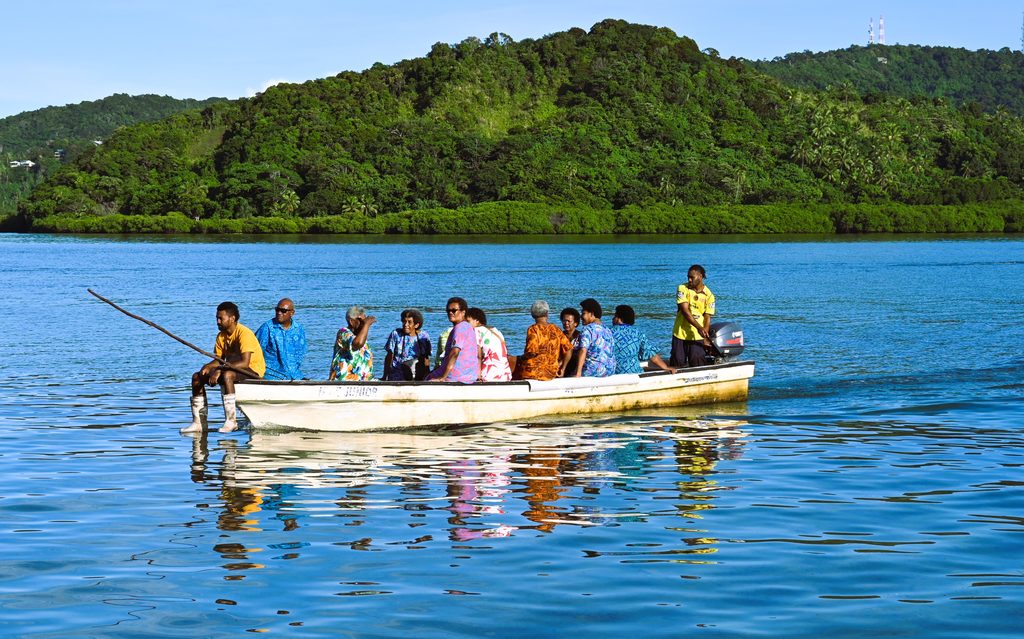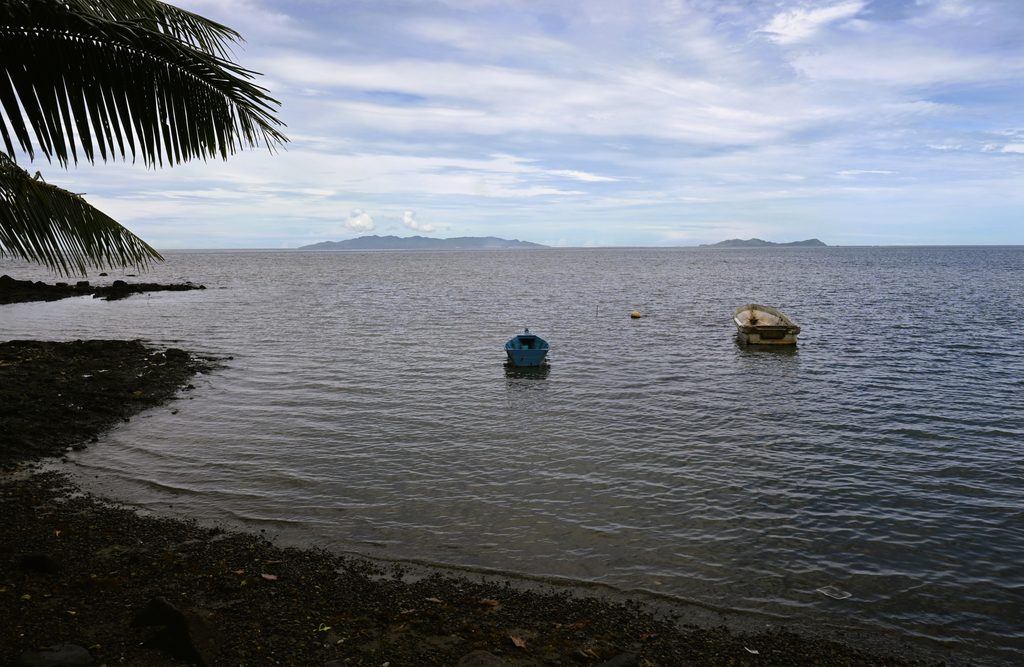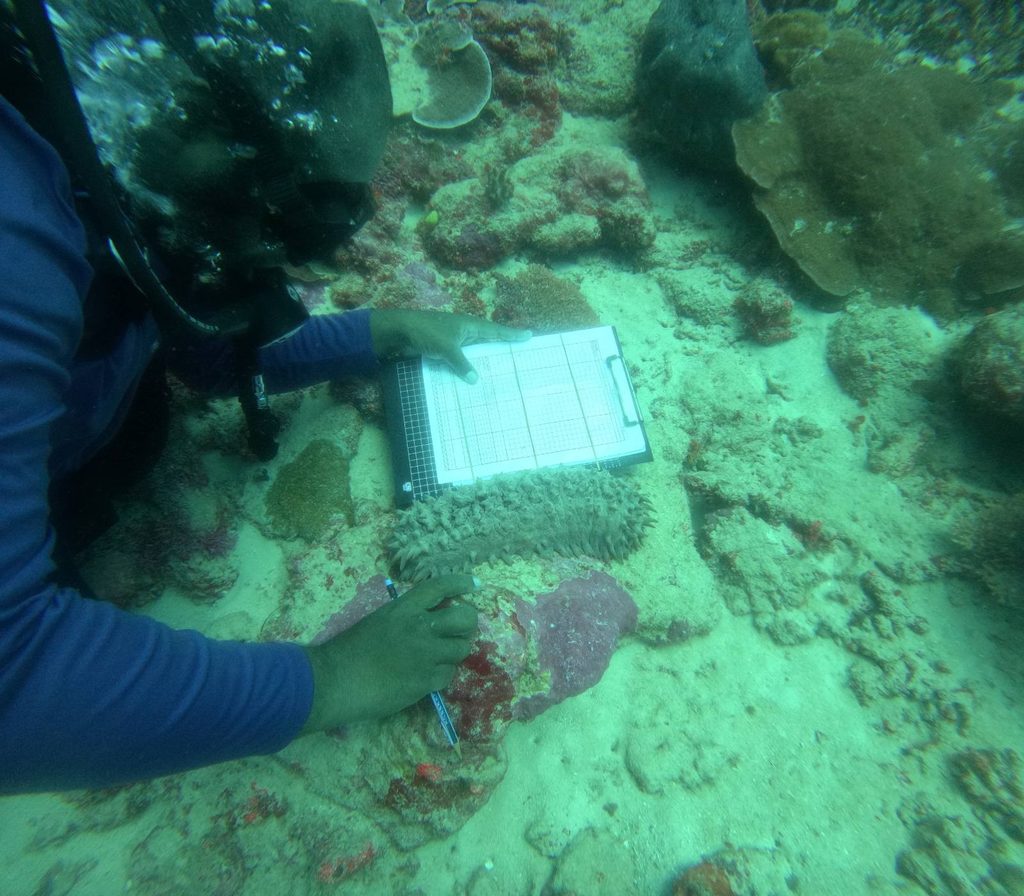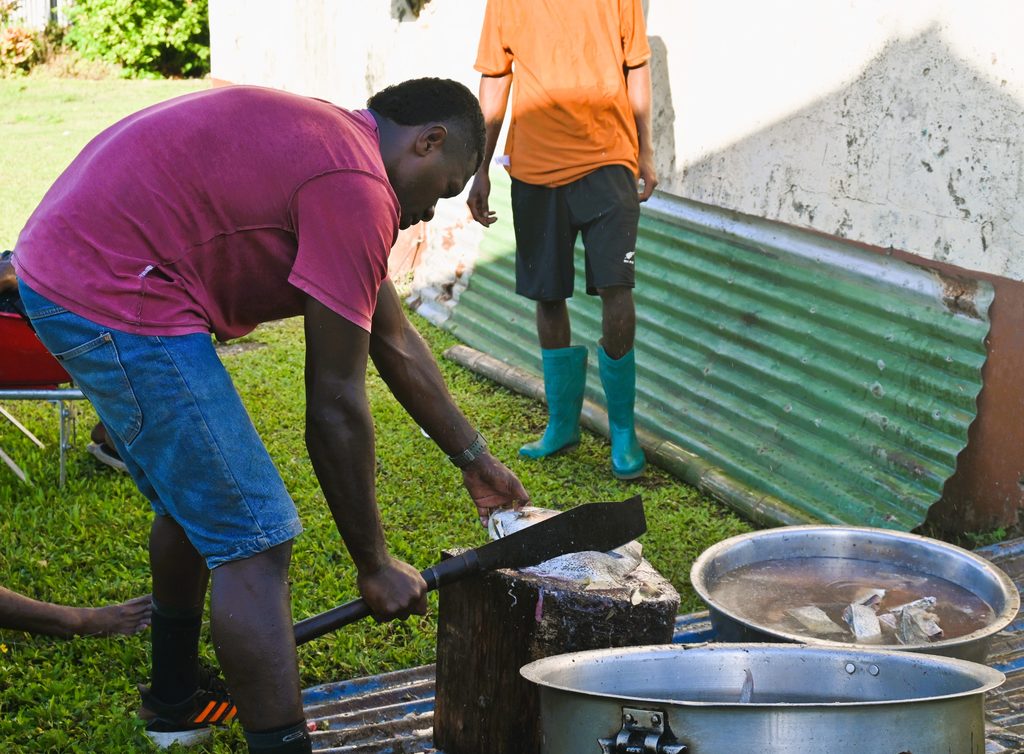As a big oceanic state, the importance of the ocean to Fiji is profound.
It feeds us, connects us to family in the outer islands, and provides the much-needed resources that drive the economy.
According to data from the Ministry of Fisheries, the fishing industry contributes immensely to the nation’s gross domestic product as well as export earnings. It is also the third-largest natural resource-based sector, behind sugar and agricultural crops.
There is no doubt that a large portion of the Fijian diet consists of seafood. Many of our coastal and maritime communities continue to fish for personal consumption, with only the excess catch being sold for additional family income.
With predictions showing that Fiji’s population could reach or even exceed one million by the next census, the critical question is whether our exploitation and extraction of marine resources is sustainable enough to ensure that future generations will have the same privileges we enjoy.
On the island of Serua, located just off the coast of Viti Levu’s central division, years of illegal poaching and overfishing have prompted traditional leaders to band together and institute a tabu (fishing ban) across the province’s coast.
The Sunday Times team was on the island last week to speak with the elders about why this ban has been implemented, its potential benefits, and how long it will last.
Waisale Natuna, a former village headman of Serua Island, explained that the late Vunivalu of Serua (paramount chief of the province) Ratu Peni Latianara, had always advocated for a total ban on all forms of fishing and the declaration of Serua’s waters as a marine protected area.
“I believe the leadership of the vanua realised that it was high time, given that we have a new Vunivalu, that the fishing ban was finally put into place.”
“It was enforced last year and ran for a few months but was lifted temporarily as preparations for the installation of the Vunivalu were underway,” he said.
Natuna shared that they were pleasantly surprised to notice, even within a few months of the ban being in place, the abundance of fish and other seafood they were able to obtain.
“We only had to butcher one cow; the rest of the meat for the function came from the sea in the form of fish and other seafood.”
He clarified that the ban is in place for five years.
“If, in just a few months, we were able to catch enough fish to cater for thousands of people who attended the installation, you can imagine how healthy, vibrant, and abundant the waters of Serua will be after five years.”
The idea of the fishing ban was also largely conceived due to the rise in poaching and illegal fishing by fishermen from as far as Suva.
Natuna stated that because of lack of resources, it is virtually impossible for them to monitor and police the vast Serua coastline daily.
“We have shown how committed we are to maintaining this ban and ensuring the health of our sea. It would be great if the state could assist further in terms of policing our coastline and prosecuting those who violate the ban.”
He explained that those who remain on the island are there to fulfil their duty to the vanua and care deeply about the province’s future.
“It would be very easy for us to leave the island and seek better opportunities on the mainland. Besides, every family here has plenty of land on the other side, which is mainly used for farming. But we choose to stay and maintain our way of life here because, deep down, we are rooted in this place.”
Natuna believes that other coastal and maritime communities in Fiji must recognise that while the ocean is open for all to use, its resources will only last if managed wisely.
“I am not saying that all villages should start implementing a tabu. Sustainable use of marine resources begins with catching the right amount and the right size,” he said.
“Nothing in this world is infinite.”
According to Natuna, man’s responsibility for ensuring the planet’s health is biblical in nature. He shared that human beings, as the superior species, were put on Earth as stewards, tasked with caring for God’s creation.
“If we continue to take and take without considering the repercussions, then no matter how religious we claim to be, there is something morally wrong with that way of thinking and acting,” he said.
Fishing bans, or tabu, have always been a feature of iTaukei communities. Serua is just another example of the vanua taking the first step towards securing the economic and social wellbeing of its future generations.
People of Serua make their way to Serua Island. Picture: ALIFERETI SAKIASI

Fishing boats by the Serua Island shoreline. Beqa and Yanuca islands in the background. Picture: ALIFERETI SAKIASI

A fisheries ministry officer measure the size of a
bêche-de-mer. Picture: MINISTRY OF FISHERIES



